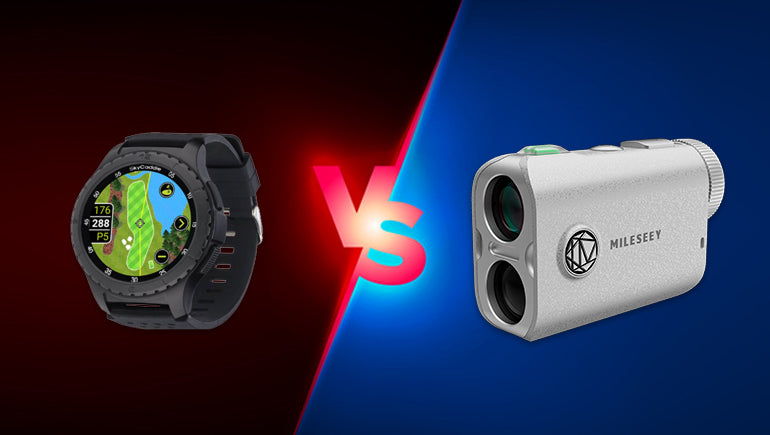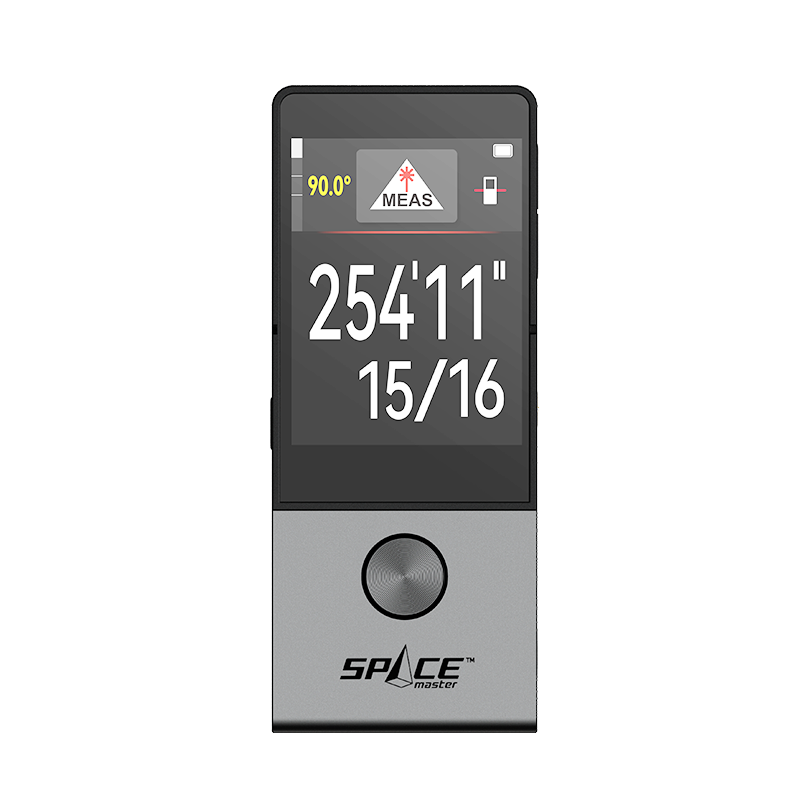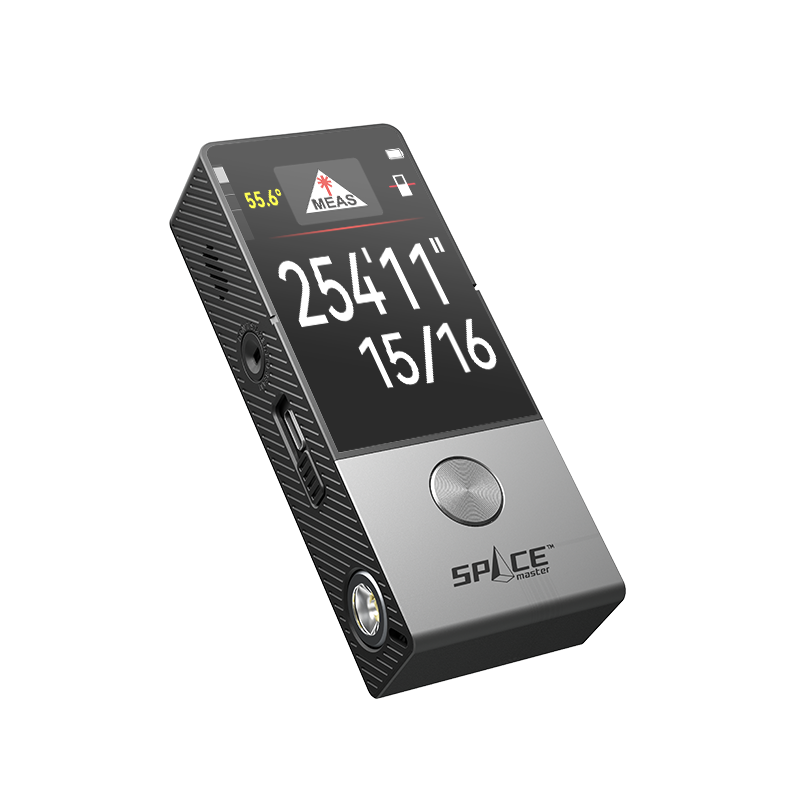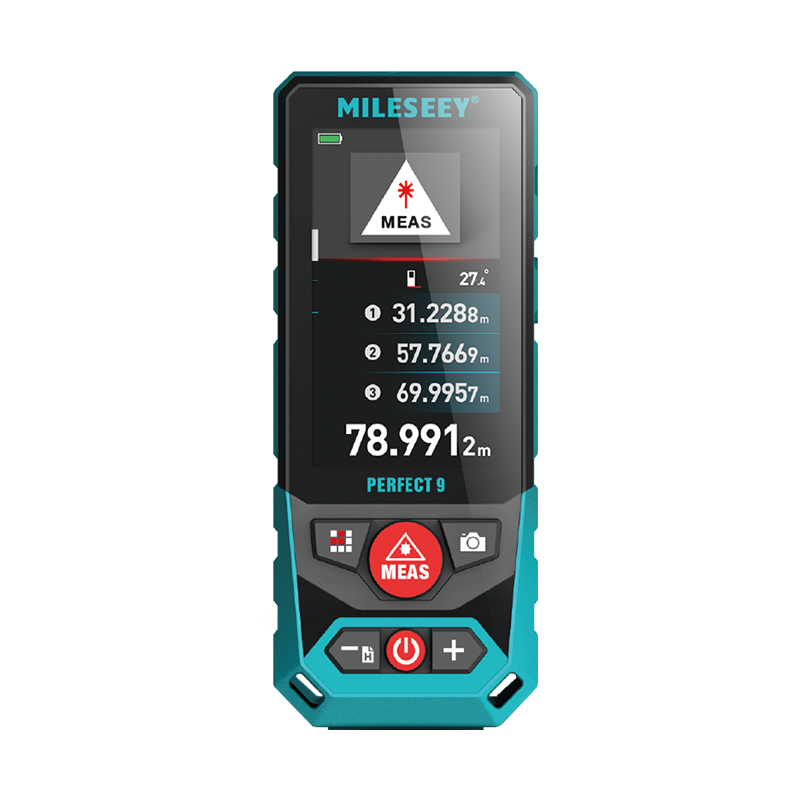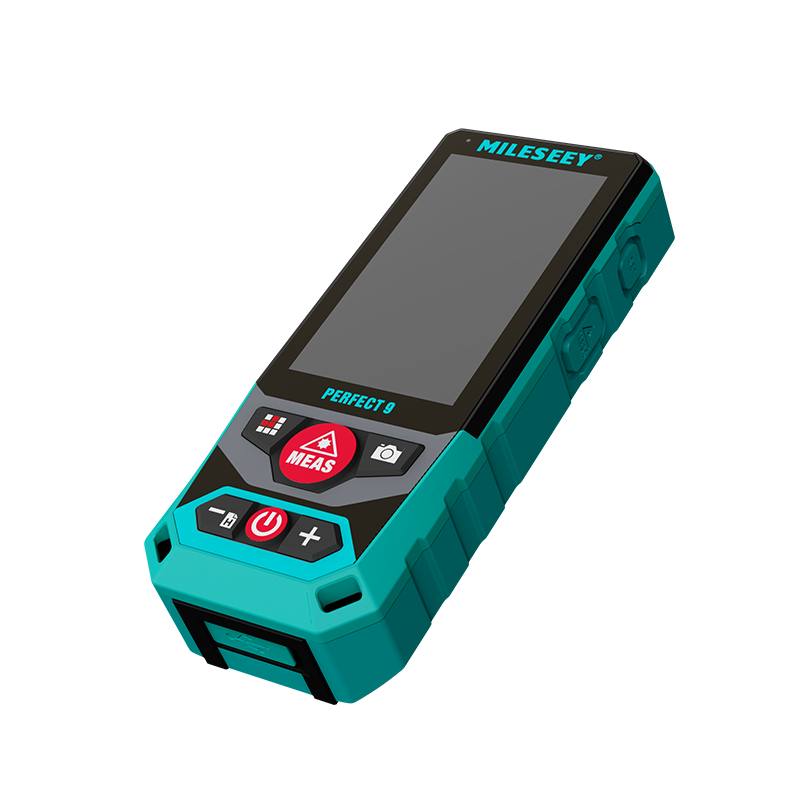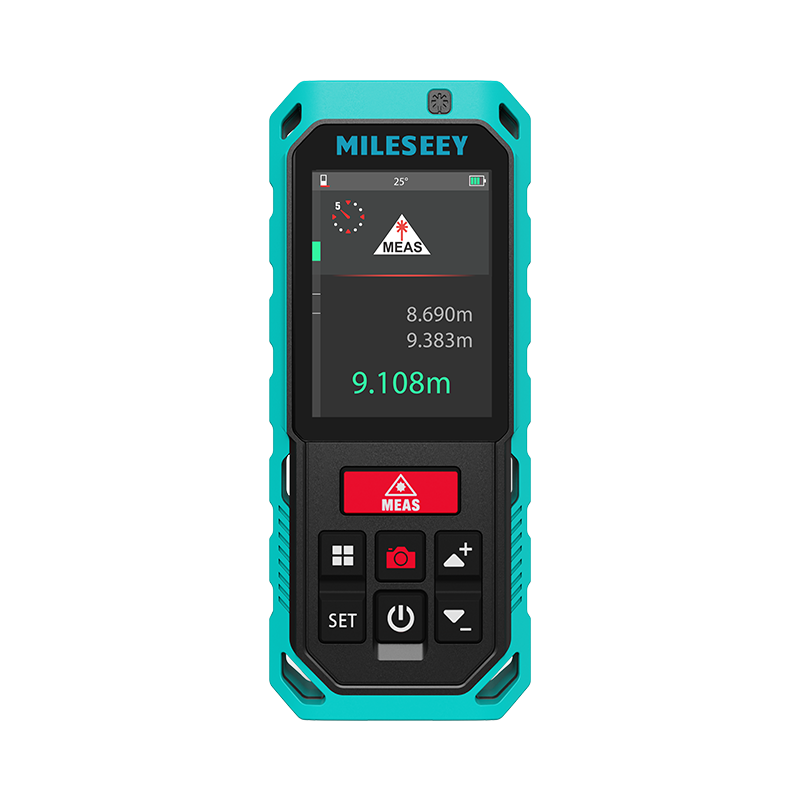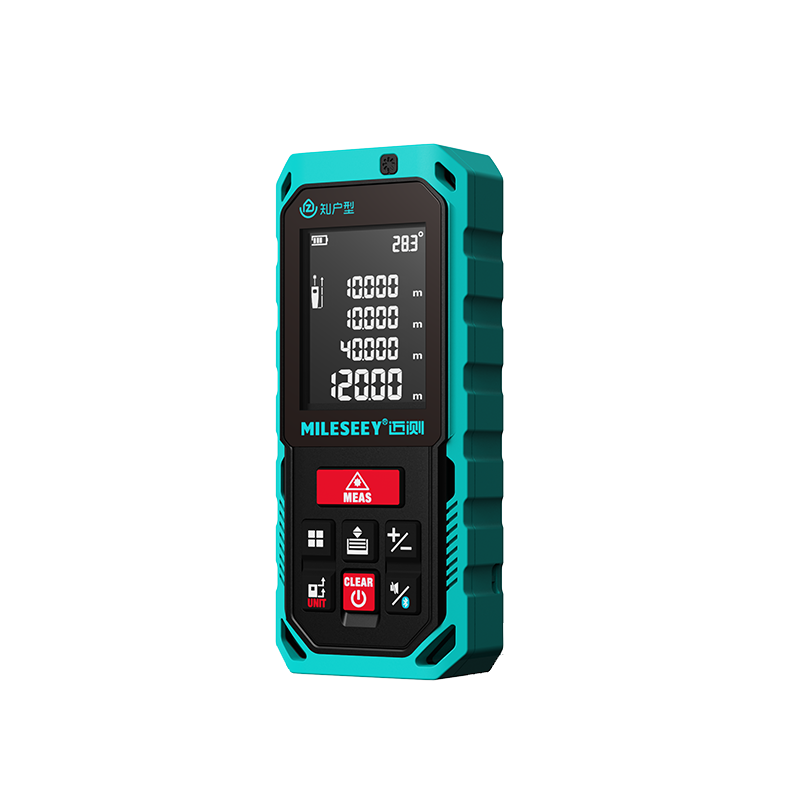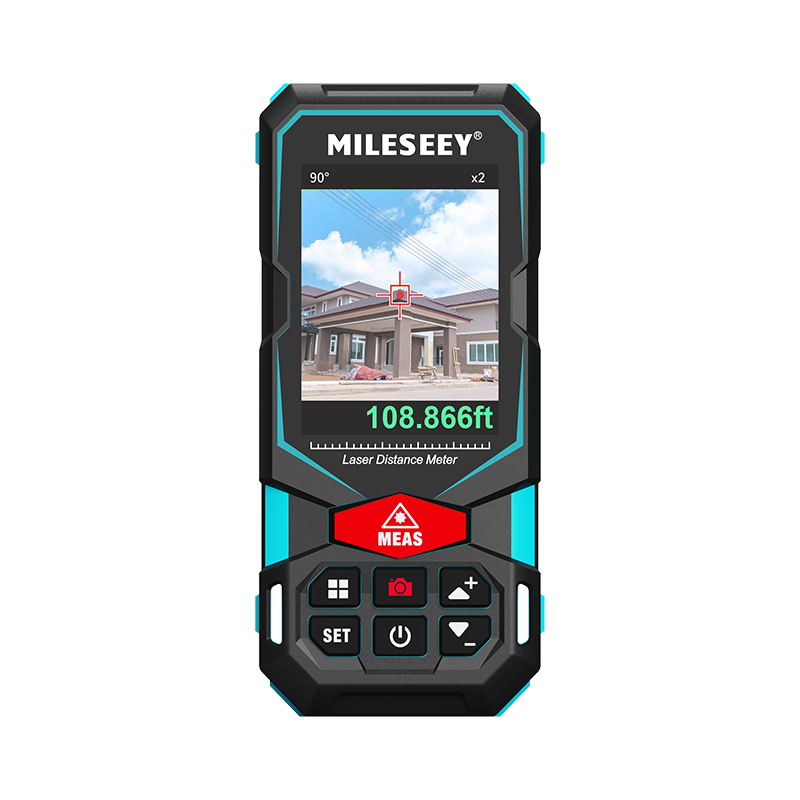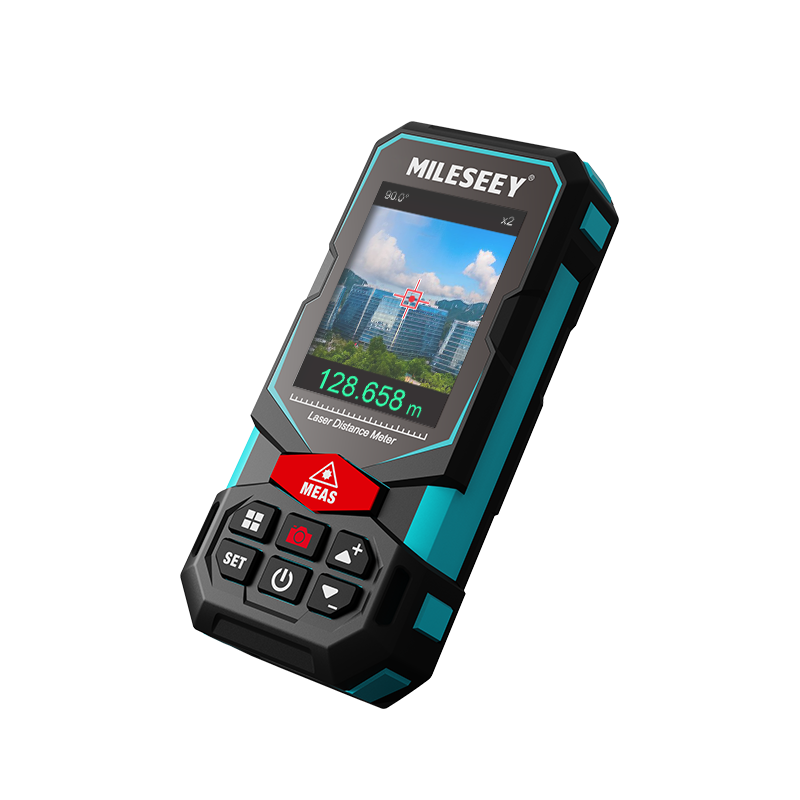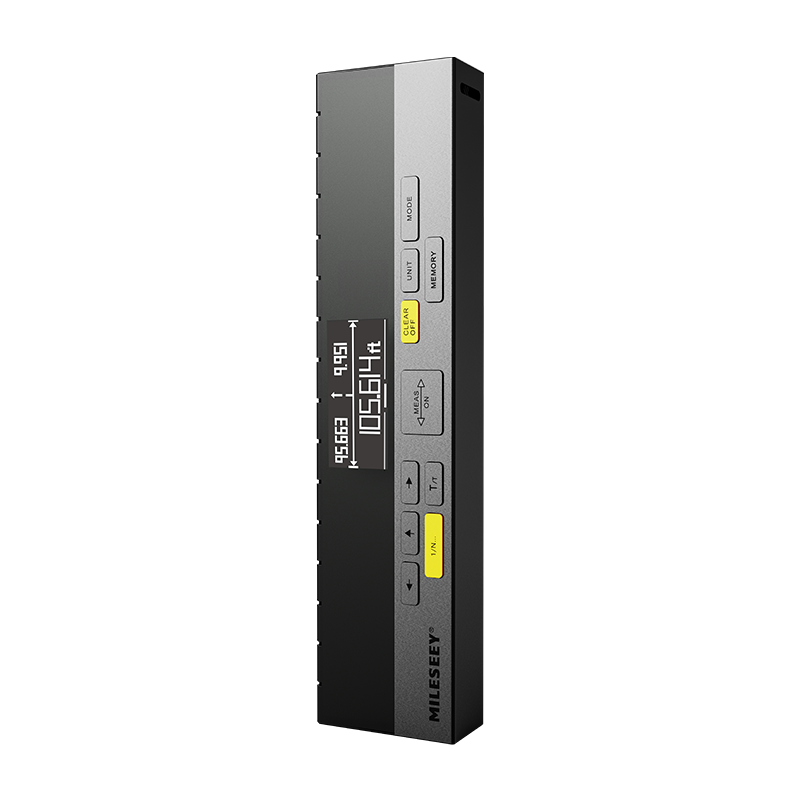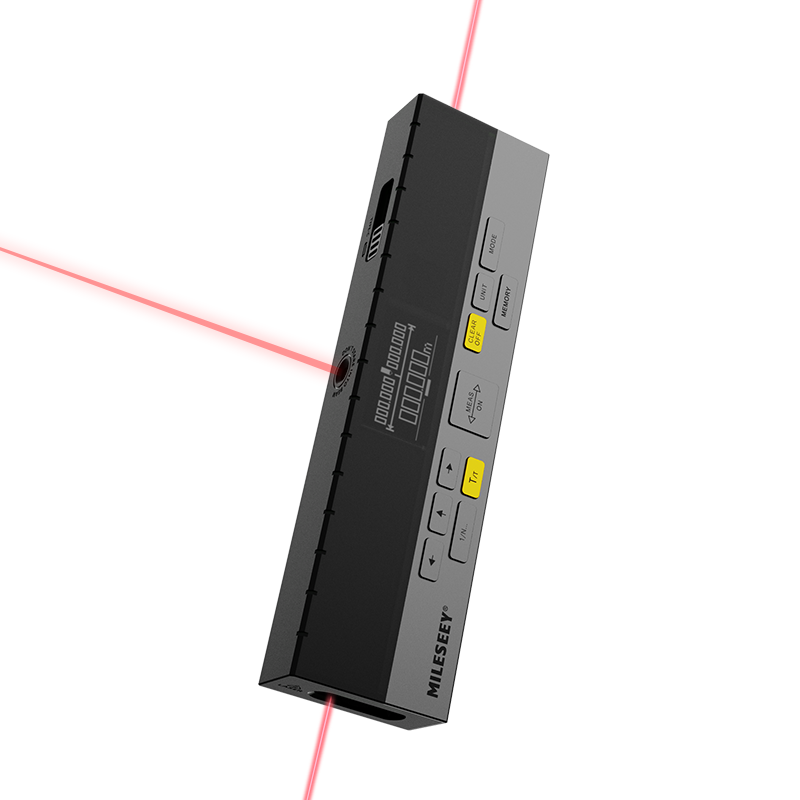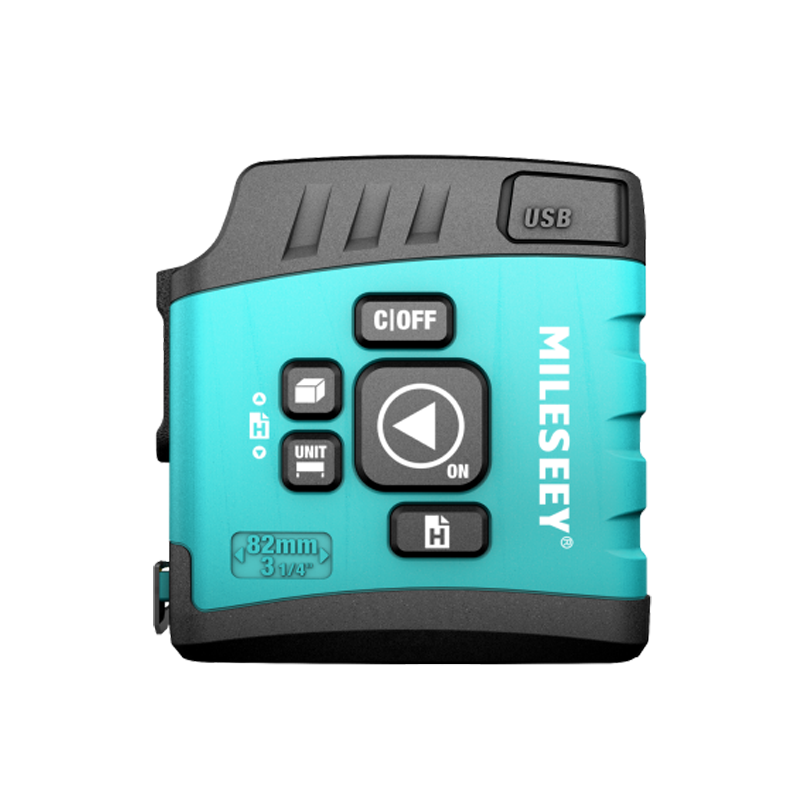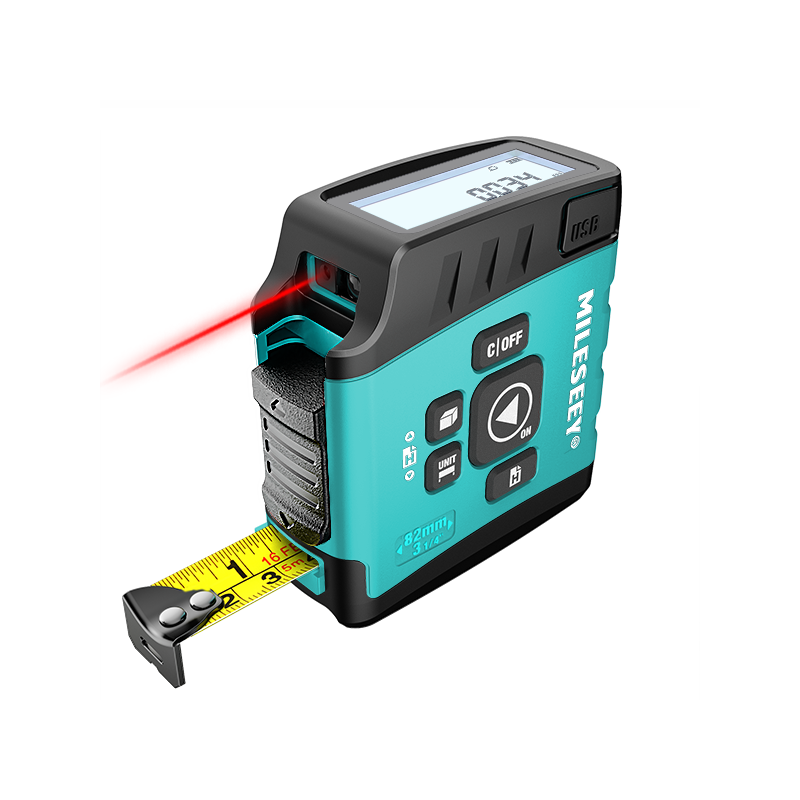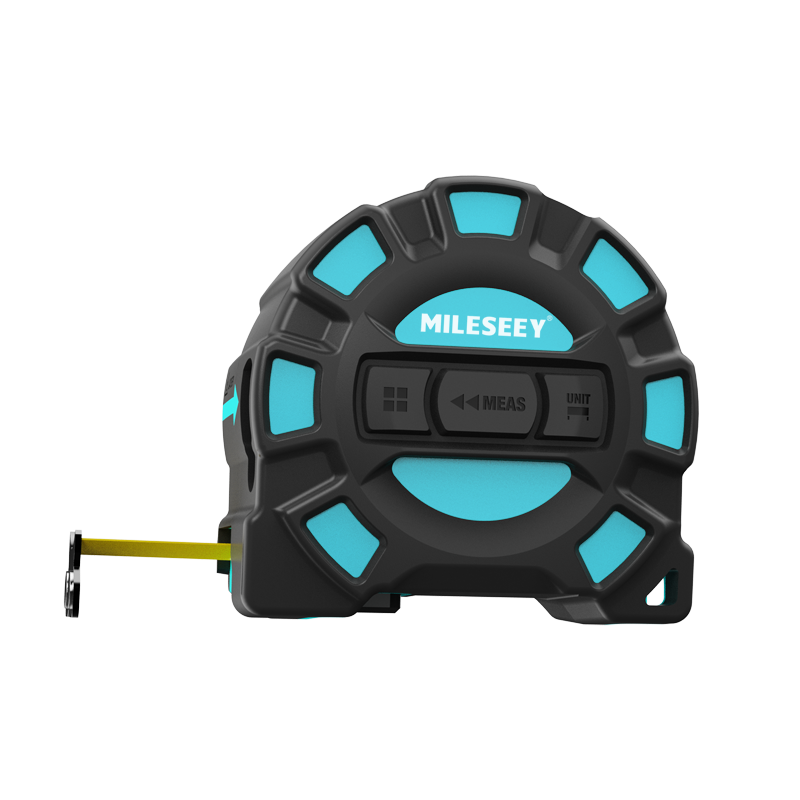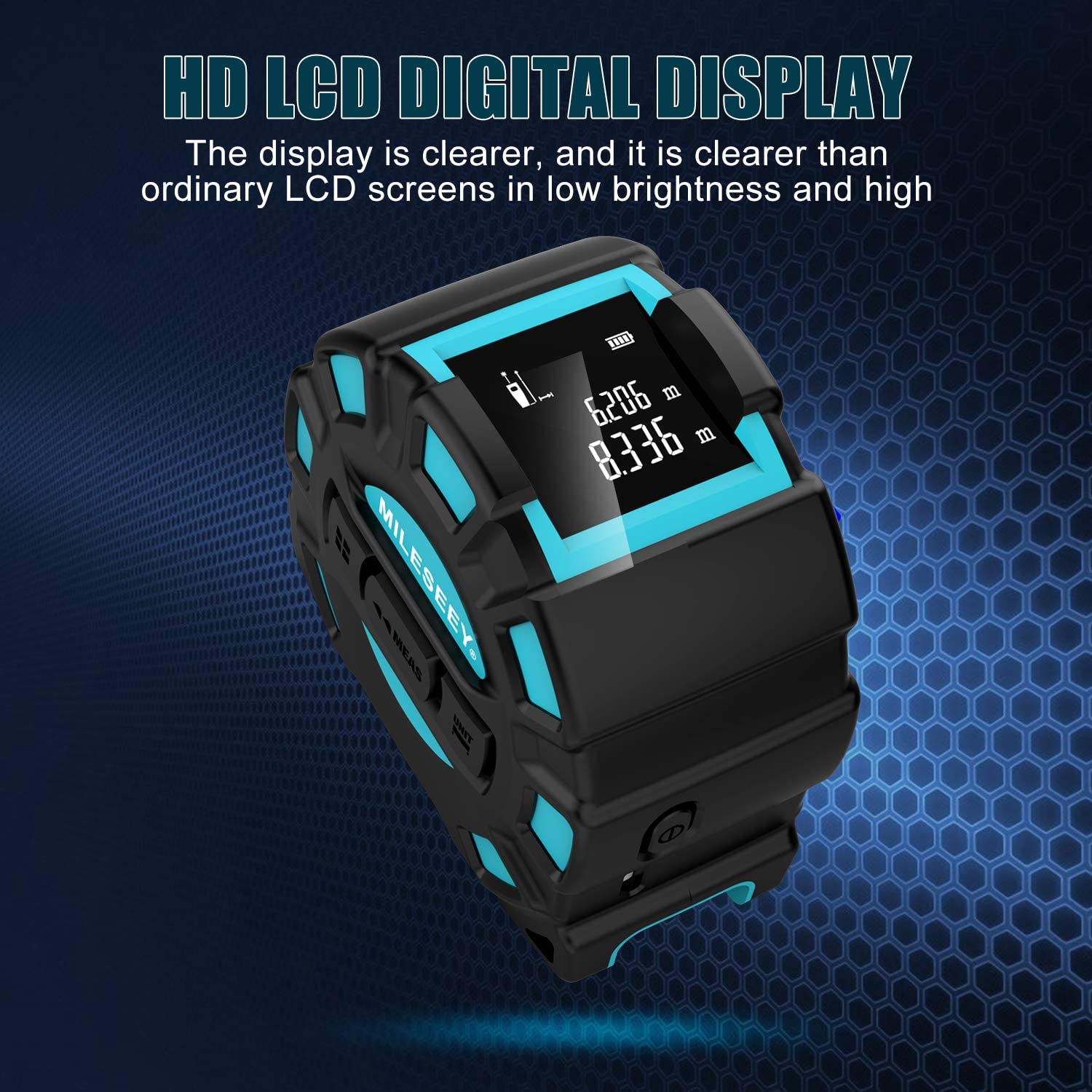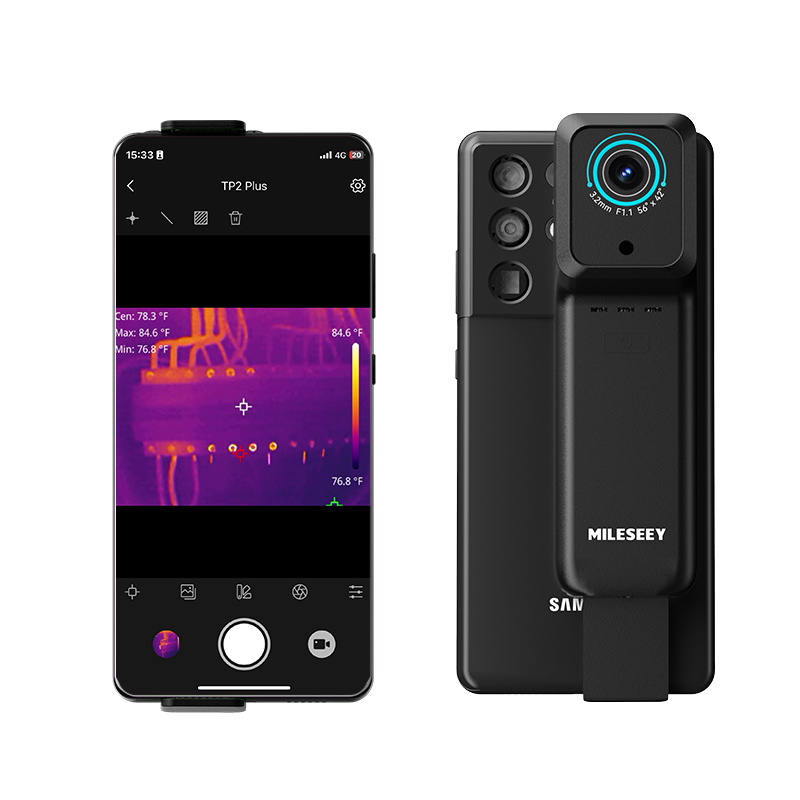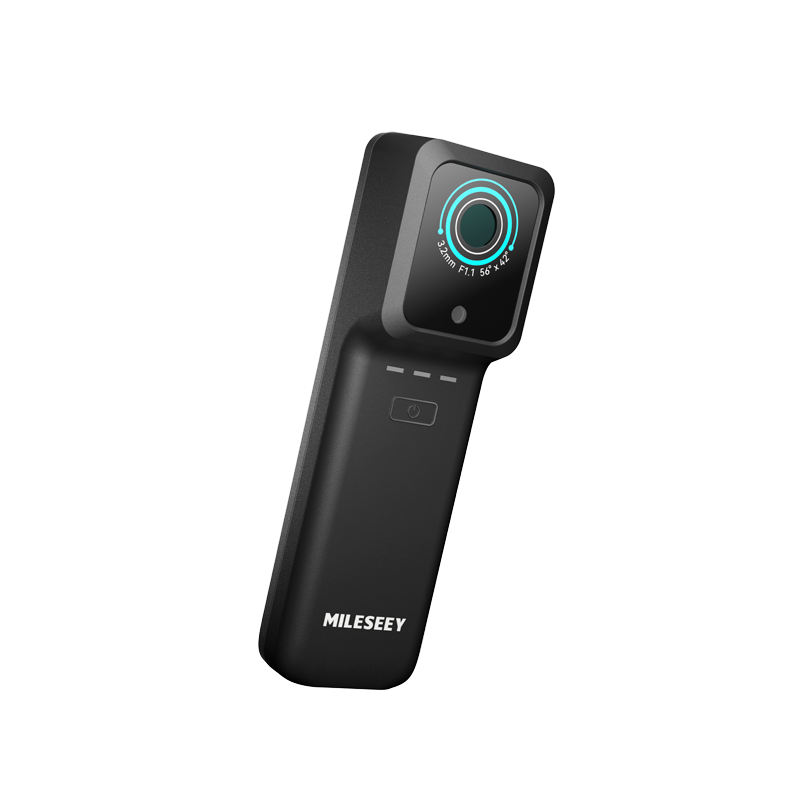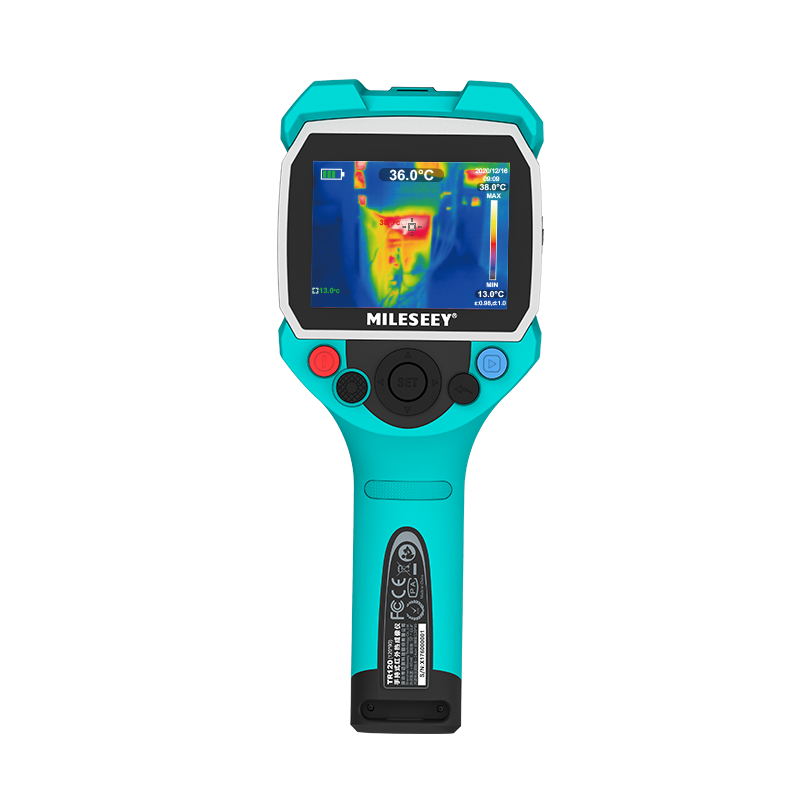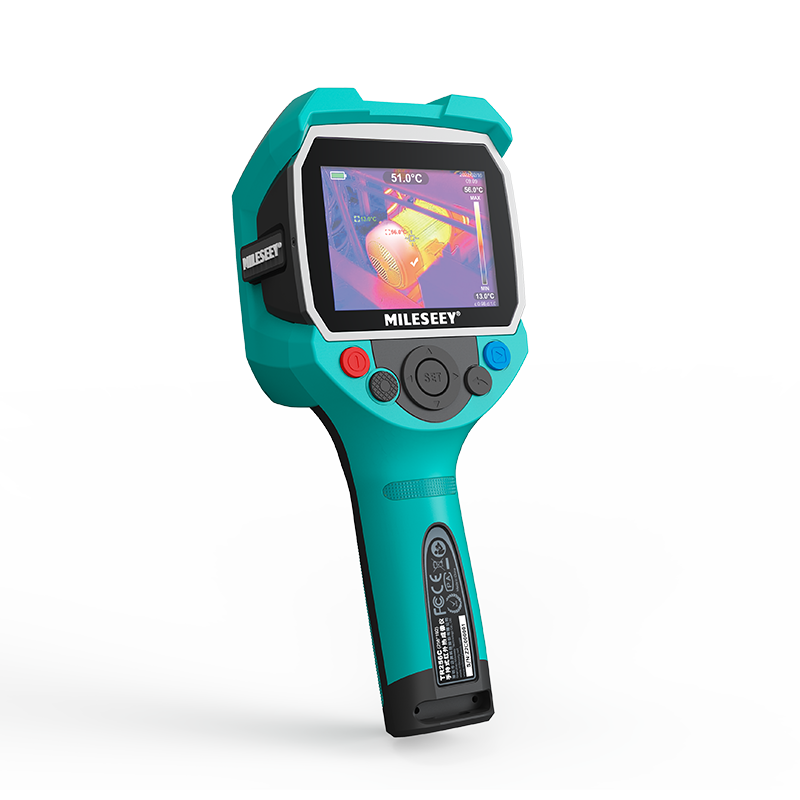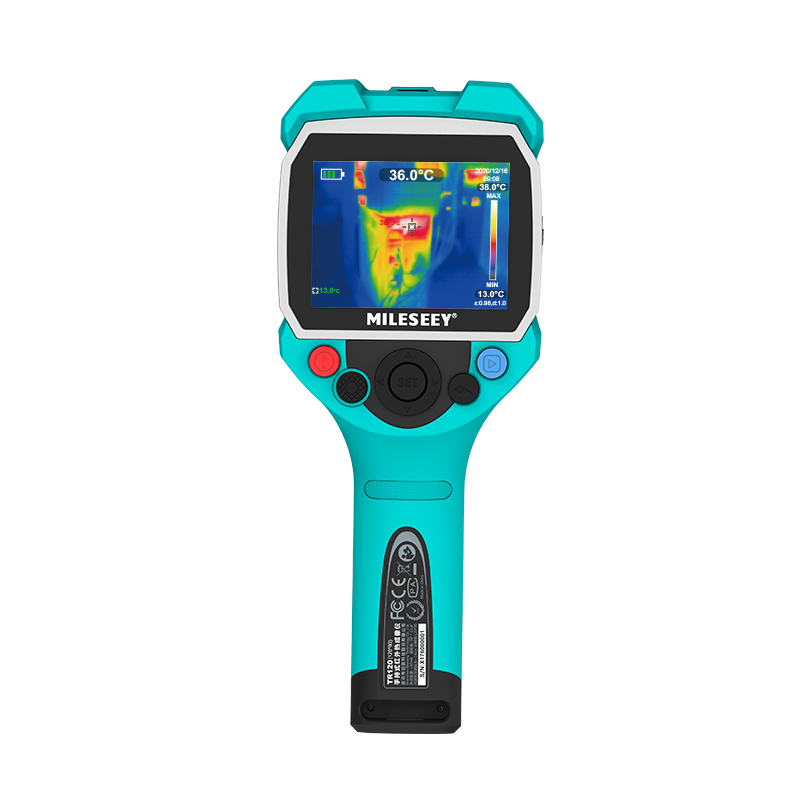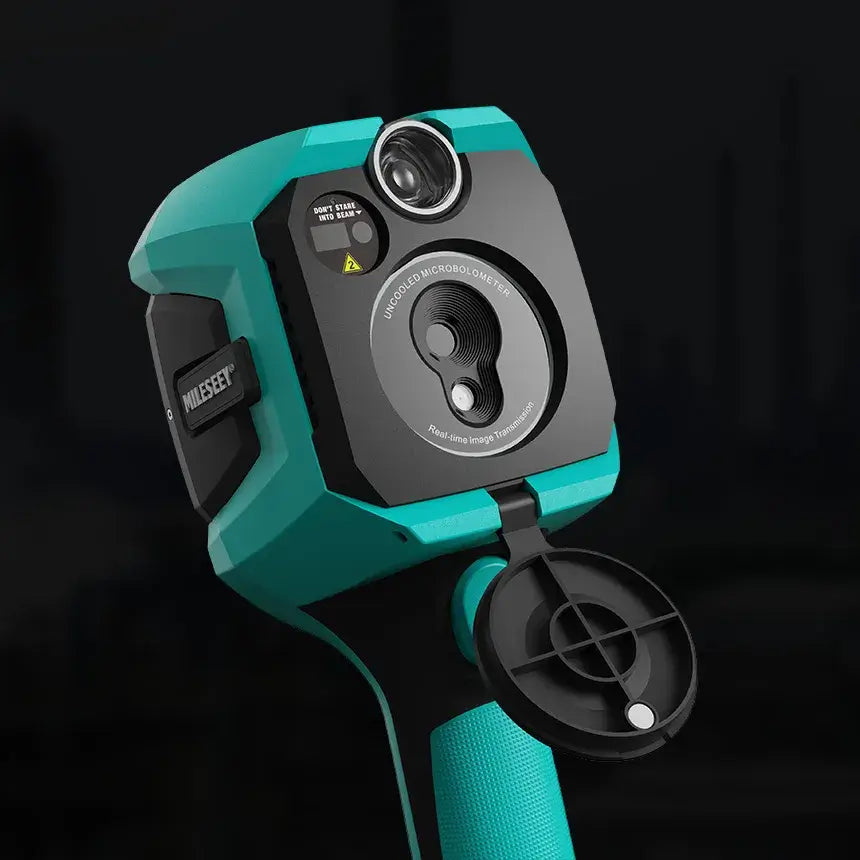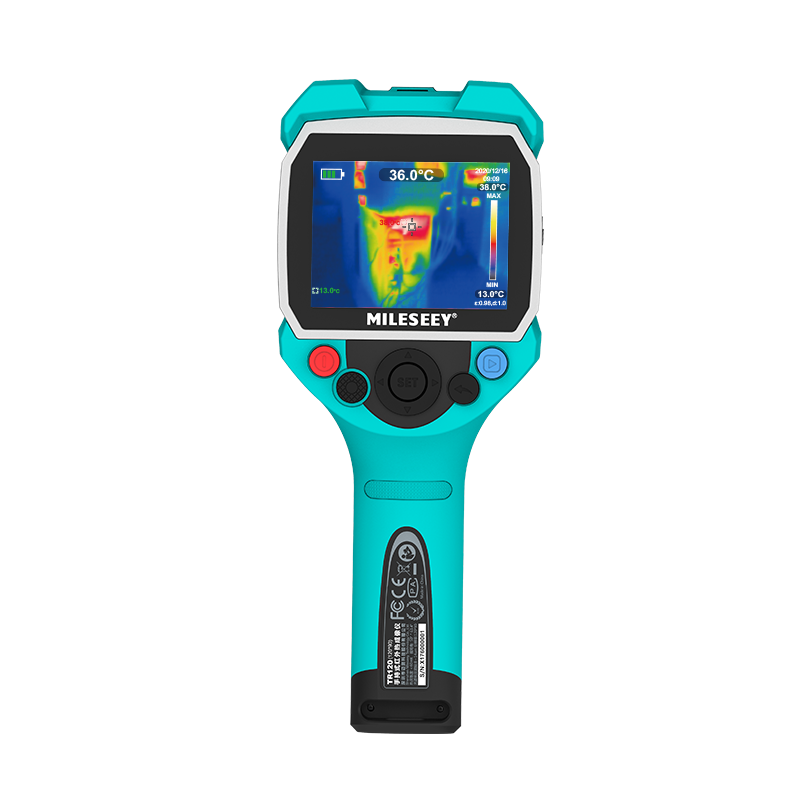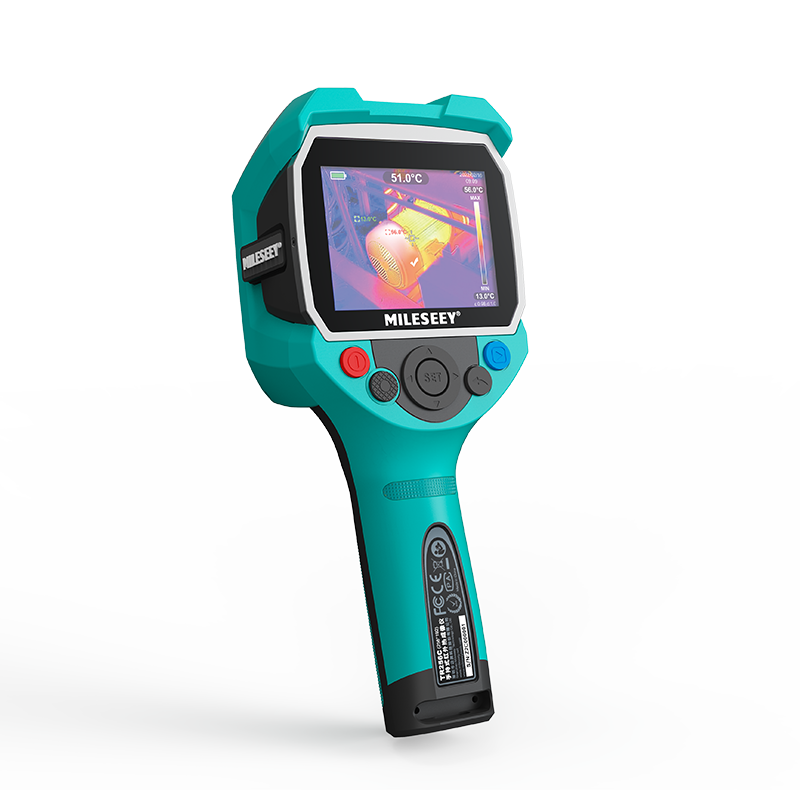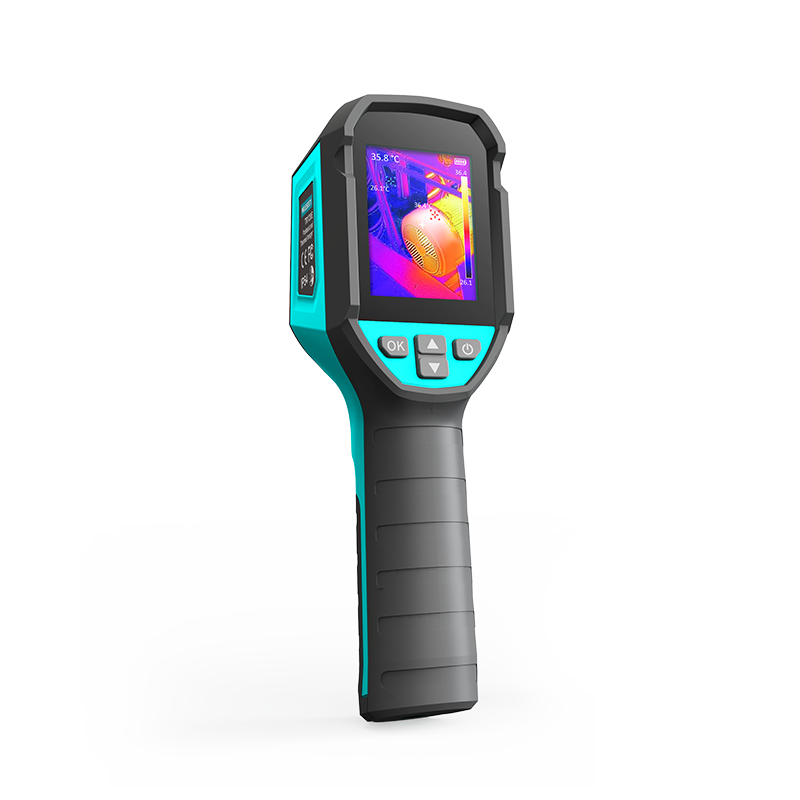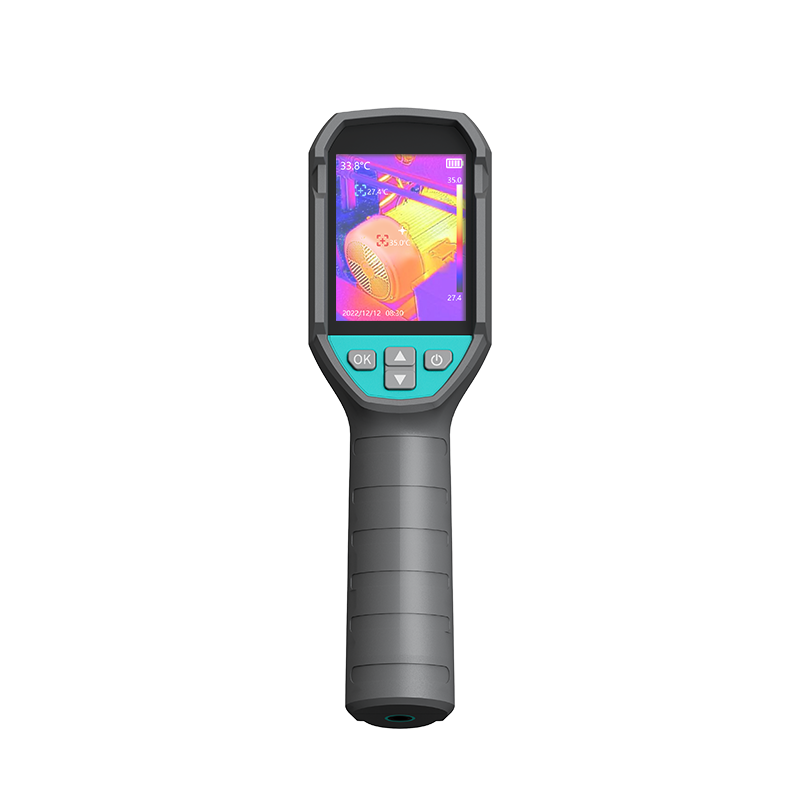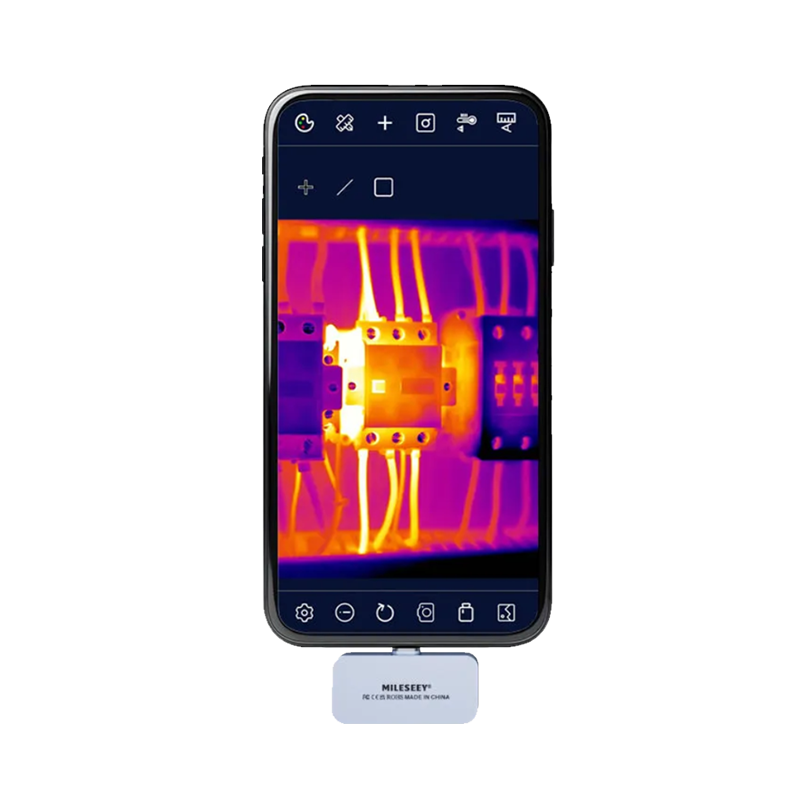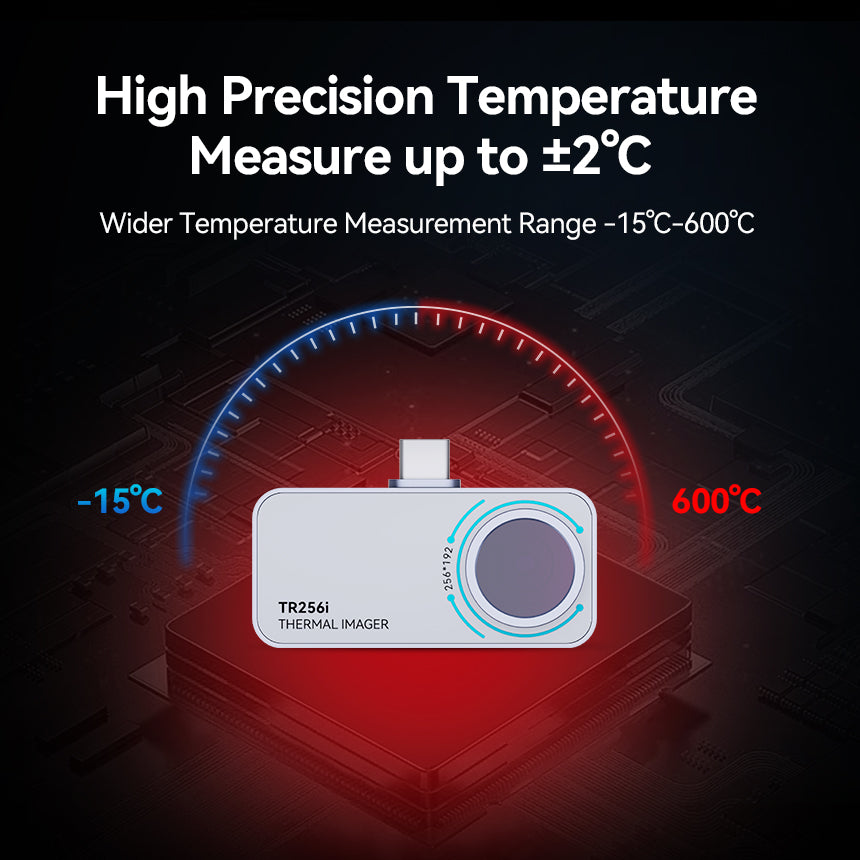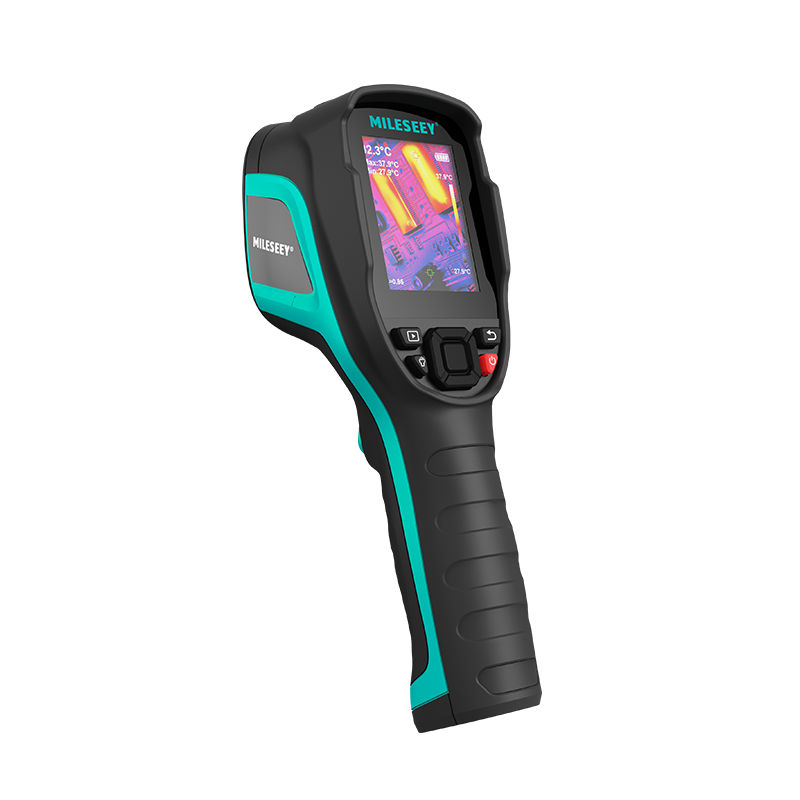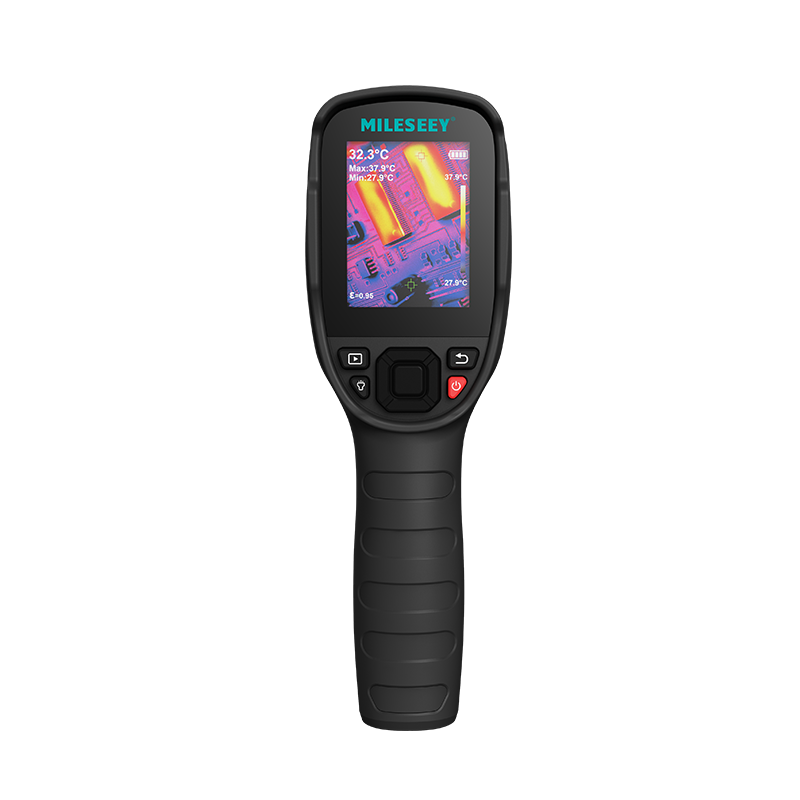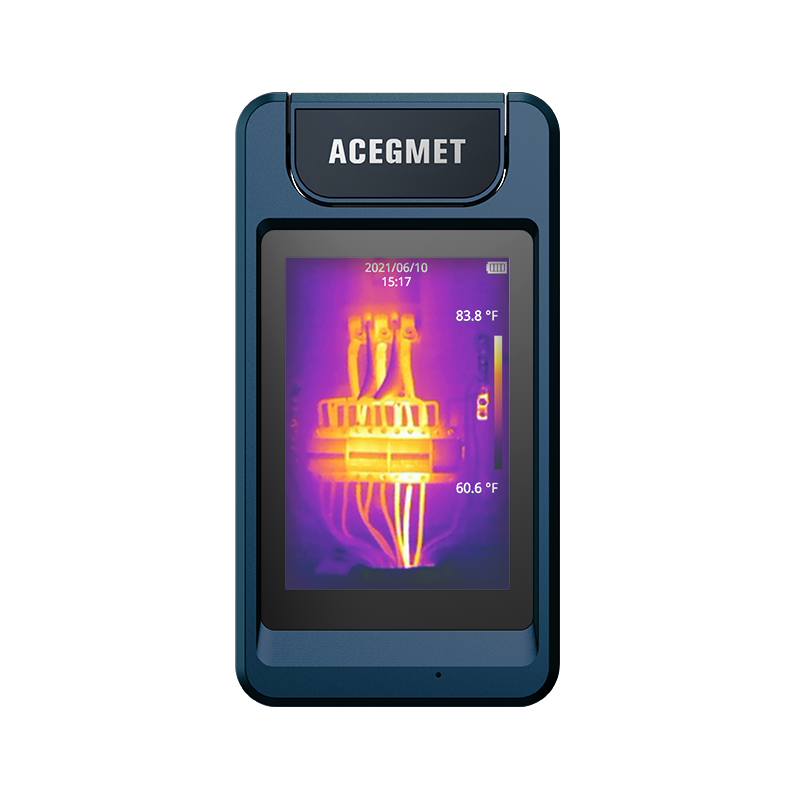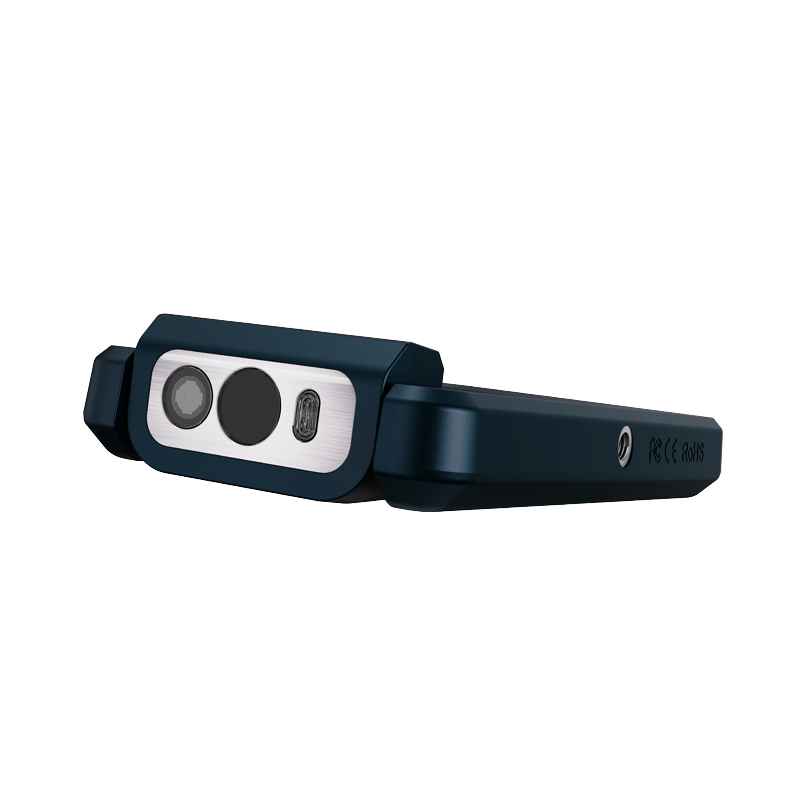Golf is not just a game of skill but a sport of precision and strategy. In this pursuit of precision, technology has become a golfer's best friend.
Two game-changers, laser rangefinders and GPS for golf, have revolutionized how golfers approach their game. Here's an in-depth look at these tools, weighing their pros and cons to help you choose the right distance finder for golf in your game.
I. The Precision of Laser Rangefinders
Laser golf rangefinders have become increasingly popular among avid golfers due to their precision and ease of use. These devices use laser technology to provide exact distances to the flag and other targets of interest on the course, a feature highly valued by skilled players.
1. Pros of Golf Laser Rangefinders
Precision and Accuracy: The primary advantage of laser rangefinders is their accuracy. They can provide measuring accuracy within a yard, which is crucial for golfers who rely on precision for club selection and strategizing shots.
Ease of Use: Golf Rangefinders operate on a straightforward point-and-shoot principle. This simplicity is appealing to golfers who prefer quick, direct measurements without navigating through menus or maps, as with GPS devices.
Slope Feature: Advanced models come with a slope function that calculates the distance by taking account of elevation changes, offering a “compensated” yardage.
This feature is immensely helpful on hilly courses, though not legal in tournament play. The Mileseey PFS2 is an advanced golf rangefinder with slope featuring an innovative external slope switch.

Flag-lock vibration feedback: another advantage of many laser range finders is their target lock function. This feature precisely focuses on specific objects like the flag, ensuring accurate distances to flags rather than measurements to background objects like trees.
This is particularly useful on courses with irregularly shaped greens, giving players the confidence that they’ve got the exact distance information for their shot.
Durability and Battery Life: Laser rangefinders are generally durable and have a long battery life, reducing the need for frequent charging or battery replacements. This reliability is a significant advantage over GPS devices.
Versatility: They can be used on any course without the need for preloaded maps or internet connectivity, making them universally applicable.
2. Cons of Golf Laser Rangefinders
Line of Sight Requirement: the limitation of a laser range finder is the need for a direct line of sight to the target. This requirement can be problematic on courses with numerous obstructions like trees or on holes with blind shots.
Lack of Additional Course Information: Unlike GPS devices, golf rangefinders do not provide information about course layout, hazards not in the line of sight, or lay-up distances. This lack of course data can be a drawback for golfers who prefer having a complete overview.
II. The All-Inclusive Approach of GPS Devices
GPS for golf, available in forms like gps watches and handheld units, have revolutionized the way golfers approach the game.
These devices use satellites to provide accurate yardage information, helping golfers make strategic decisions on the course. They come loaded with a variety of features that cater to different needs and budgets.
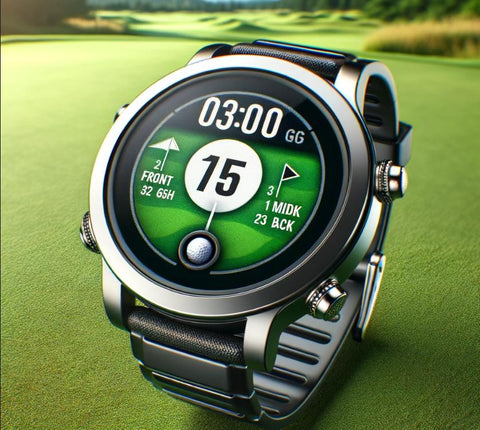
1. Pros of Golf GPS Devices
Convenience and Accessibility: GPS watch for golf offers great convenience. They are worn on the wrist, providing easy access to vital information without interrupting the game's flow. This feature is particularly beneficial in speeding up play.
Preloaded Courses and Hole Overviews: Many GPS devices come with thousands of preloaded golf courses and offer overviews of each hole. This feature is invaluable for golfers playing on unfamiliar courses, as it helps in strategizing shots and understanding the course layout.
Enhanced overview Information: Beyond basic yardages to the front, middle, and back of the green, GPS devices offer detailed data on hazards, layup spots, and even the shape and size of greens.
Additional Features: Higher-end models boast features like full-color hole maps, shot tracking, swing analysis, and health tracking. These added functionalities extend the usefulness of the device beyond just golf, making it a versatile tool for both sports and everyday life.
2. Cons of Golf GPS Devices
Accuracy Concerns: While GPS technology is generally reliable, it doesn't offer the pinpoint accuracy of a laser rangefinder, especially regarding the exact flag position. This can be a drawback for more advanced players for whom a few yards can make a significant difference.
Limited measuring capability: Another significant drawback is their inability to provide distances to every object on the course. While they can measure distances to common hazards, they often overlook additional obstacles such as large trees or extra hazards that might impede your play.
In contrast, a laser rangefinder can measure the distance to any object within your line of sight, offering more comprehensive information for each shot.
Battery Life and Dependence on Charging: GPS for golf, particularly watches, require regular charging. Failing to charge the device can leave a golfer without crucial distance information, a significant inconvenience especially in tournaments or extended play sessions.
Susceptibility to External Factors: The accuracy of GPS devices can be affected by weather conditions, terrain, and signal interference, potentially leading to inaccurate yardage readings. This can be a crucial factor on courses with significant elevation changes or in areas with weaker GPS signals.
Dependency on Course Updates: GPS devices rely on updated course maps for accuracy. If a course has undergone recent changes not reflected in the device's database, the information provided can be misleading.
Cost Factor: Although there are affordable options, the more feature-rich GPS devices can be quite expensive. This cost might not be justifiable for casual or infrequent golfers, making it a significant investment.
III. Making the Choice: Golf gps vs Rangefinder
Choosing between a golf GPS device and a laser rangefinder depends on several factors related to your golfing style, preferences, and the type of courses you play. Both tools offer distinct advantages and can significantly enhance your game, but they serve different purposes.
Considerations for Your Choice:
Your Routine: If you prefer a quick glance for distance information with minimal disruption, a GPS watch might be more suitable. However, if you require detailed, specific measurements for each shot, a golf rangefinder is the way to go.
Your Course: For courses with many blind spots, doglegs, or unfamiliar layouts, a GPS device provides an overview that can be crucial for an effective strategy. On familiar courses, a rangefinder's precision might be more beneficial.
Budget: Generally, basic GPS watches are more affordable than high-end rangefinders. However, for more advanced features in GPS devices, the price can be comparable to or exceed that of rangefinders.
IV. Final Thoughts:
Ultimately, the choice between a GPS device and a laser rangefinder depends on your specific needs as a golfer. If you're looking for general course information and convenience, a GPS device is ideal.
If precision, ease of use, and measurement of any object in your line of sight are your priorities, a rangefinder will serve you better.
Some golfers even opt to use both, depending on the situation, to maximize their advantages. Consider your playing habits, the types of courses you frequent, and your budget to make the best choice for your golfing needs.


